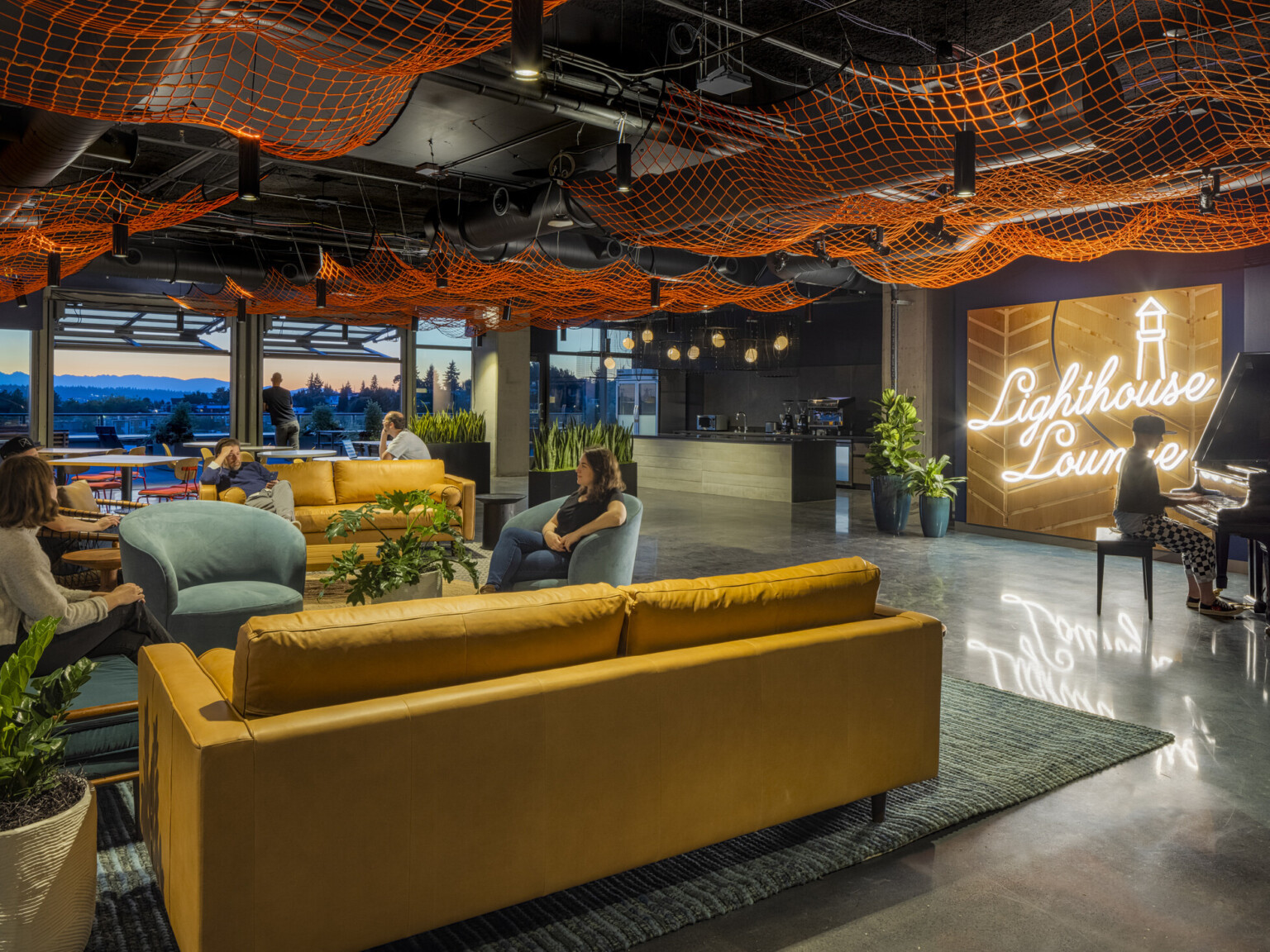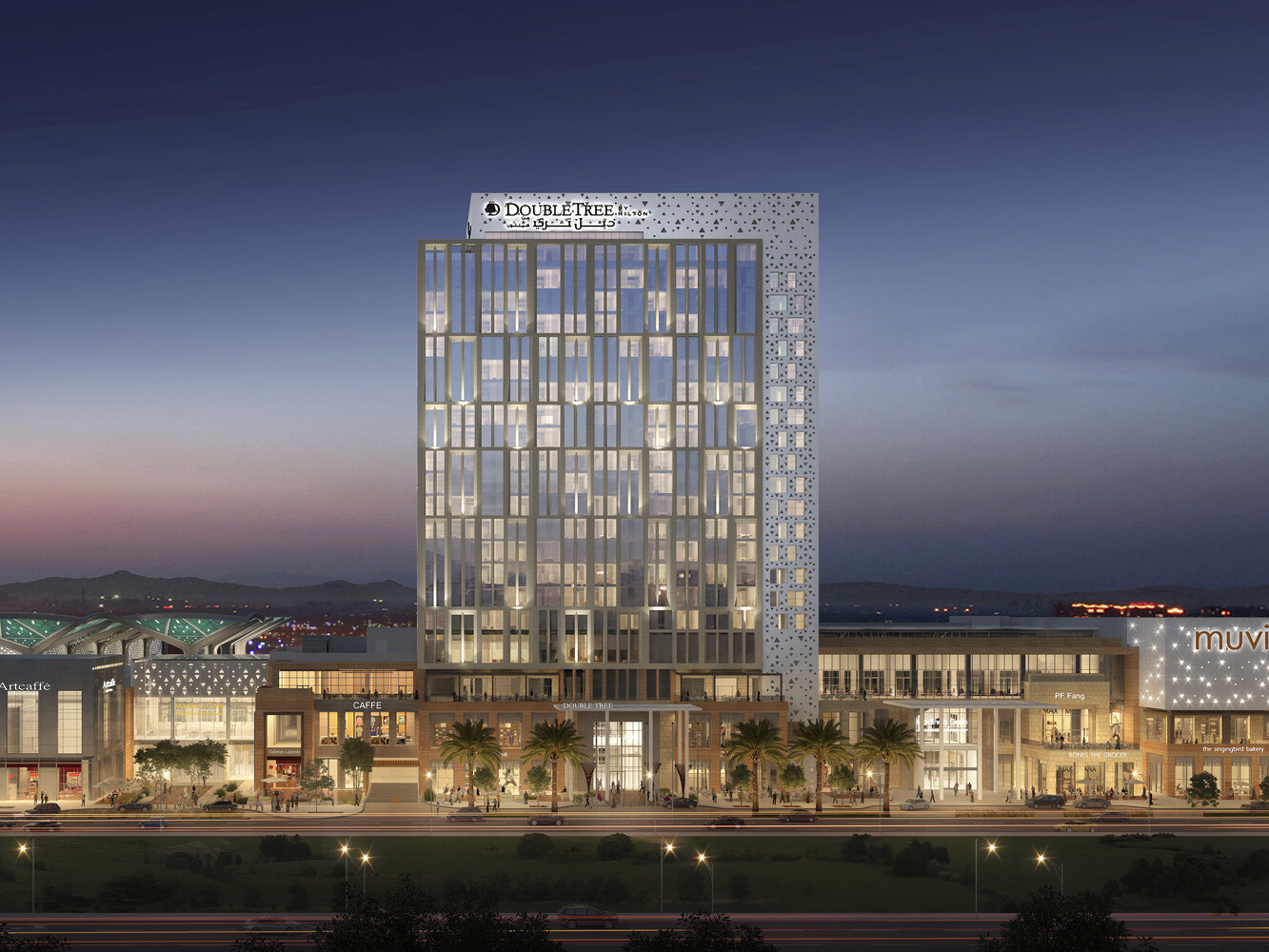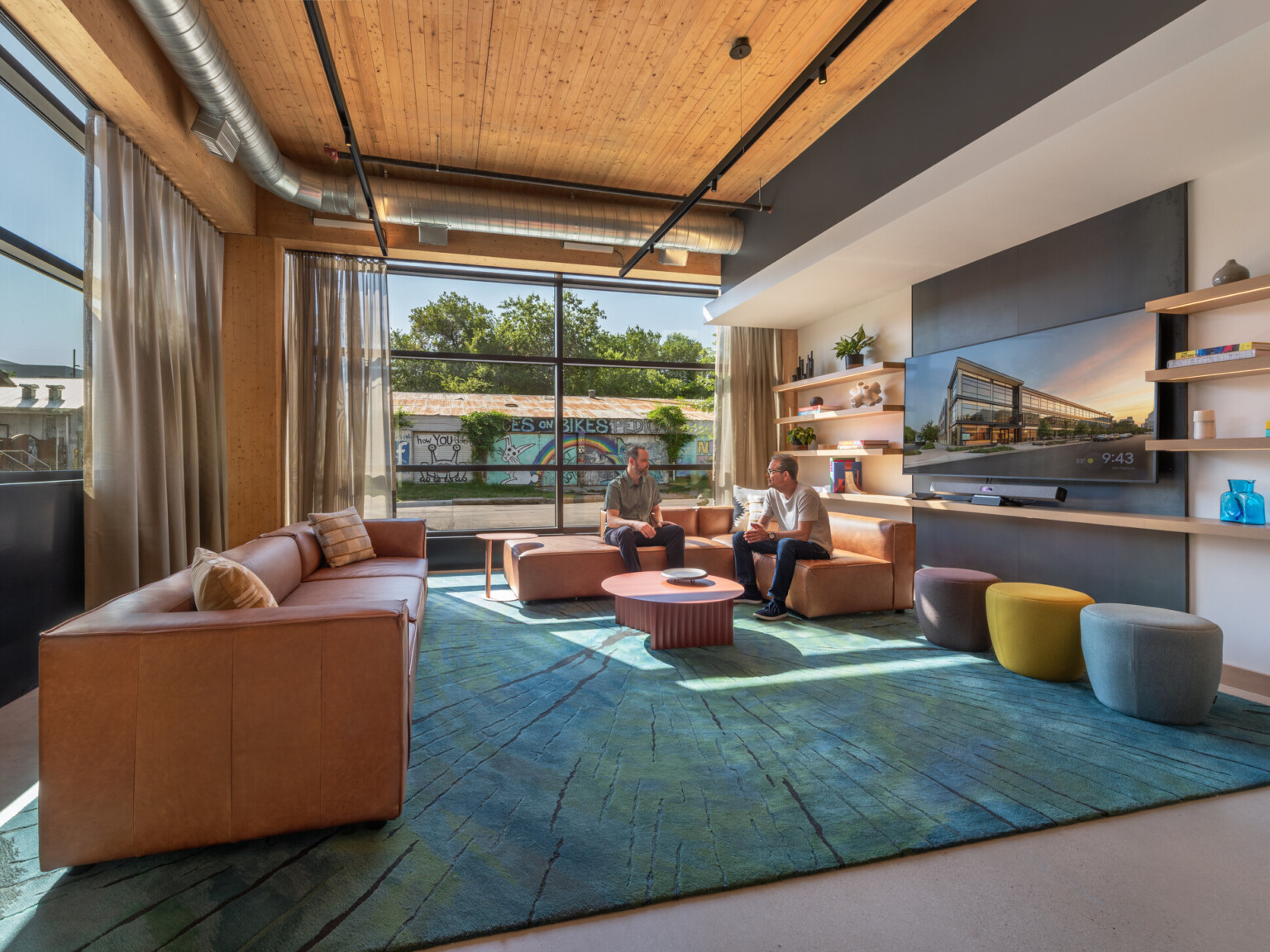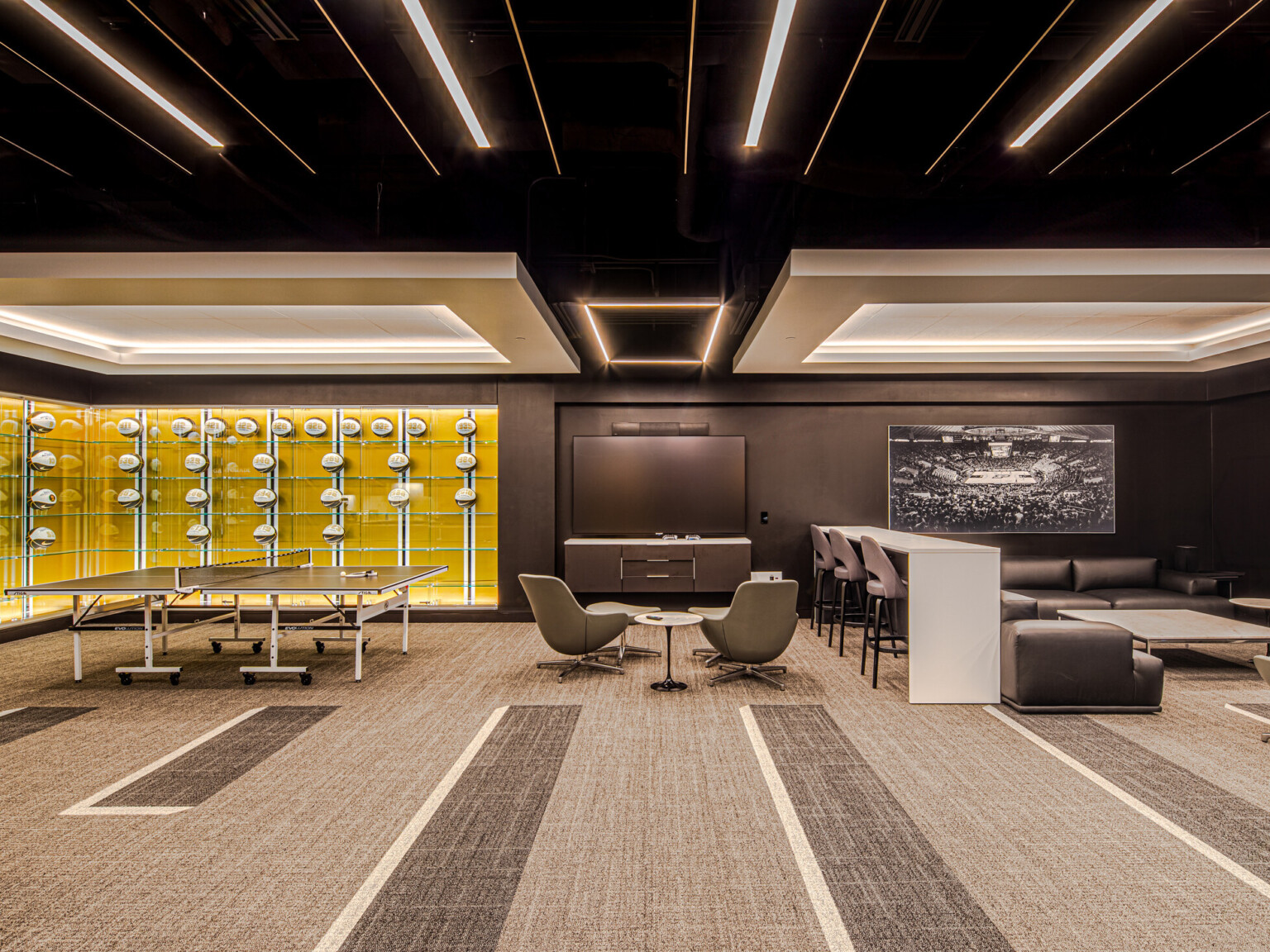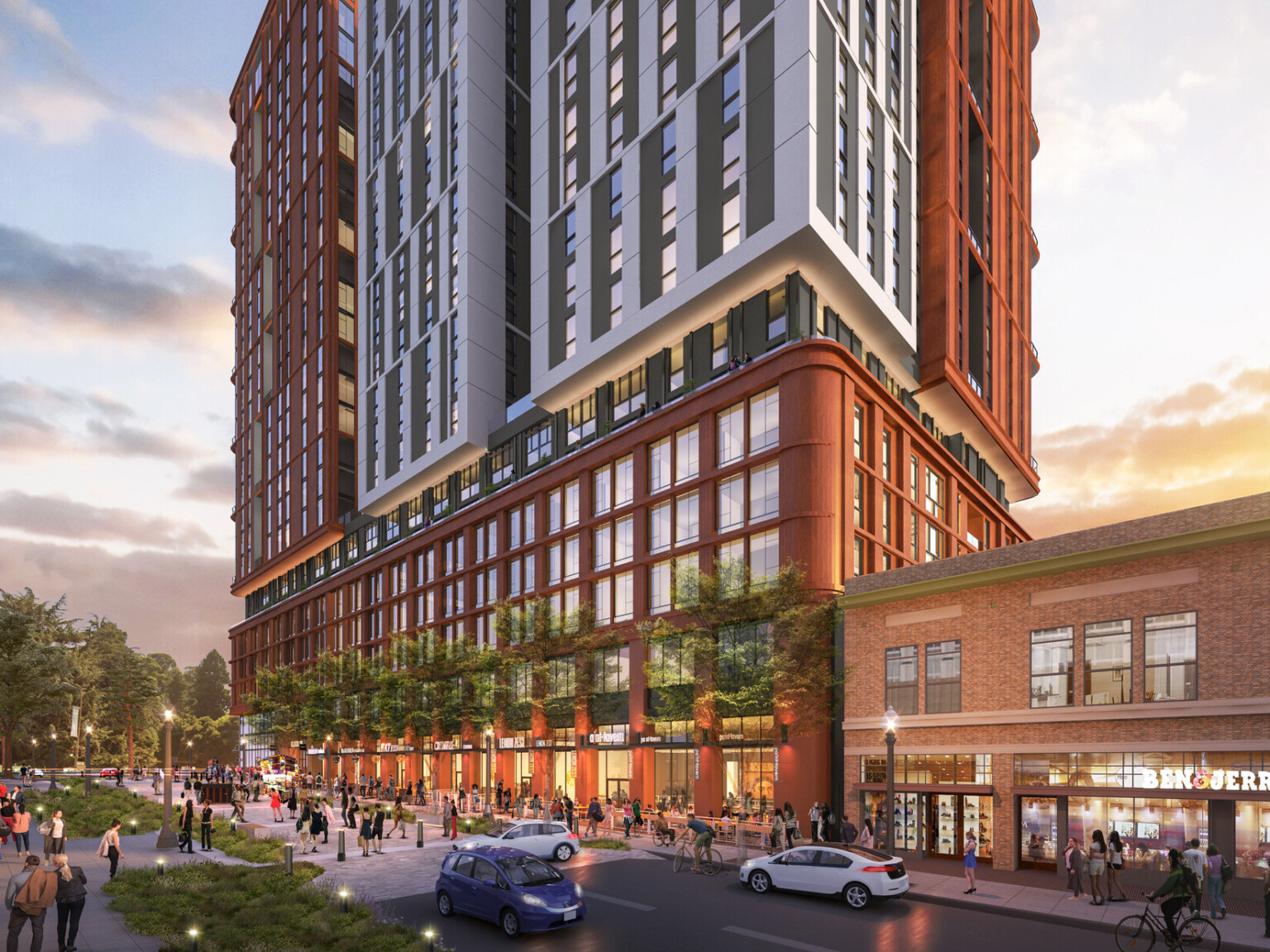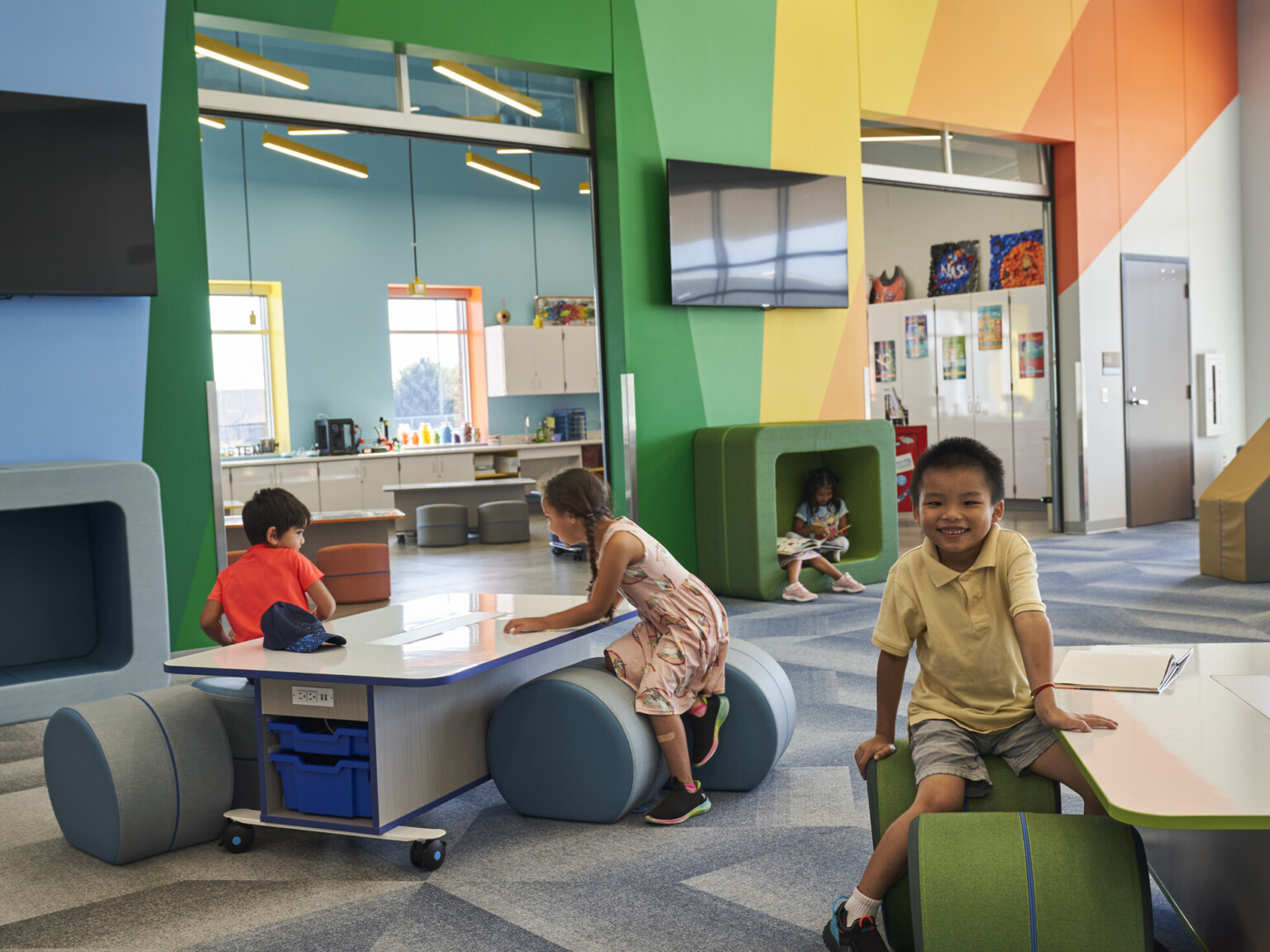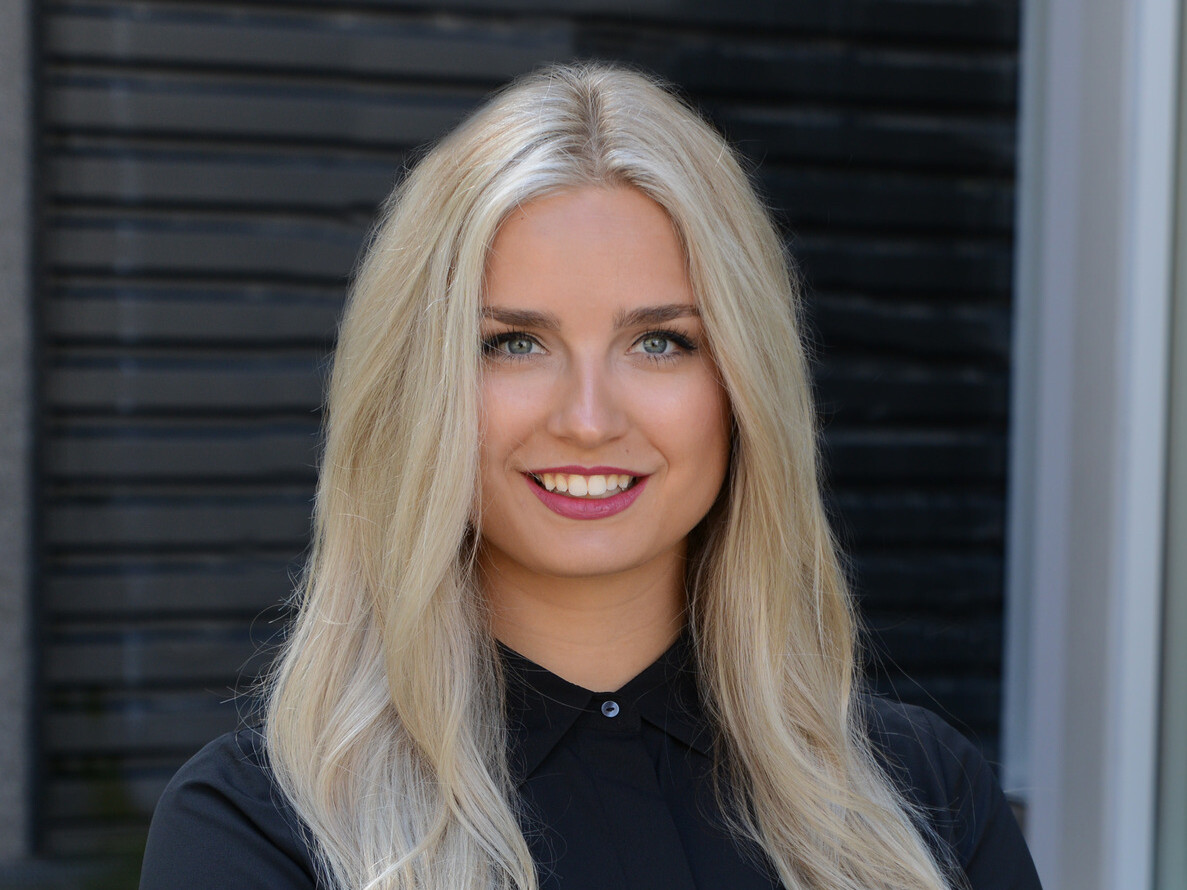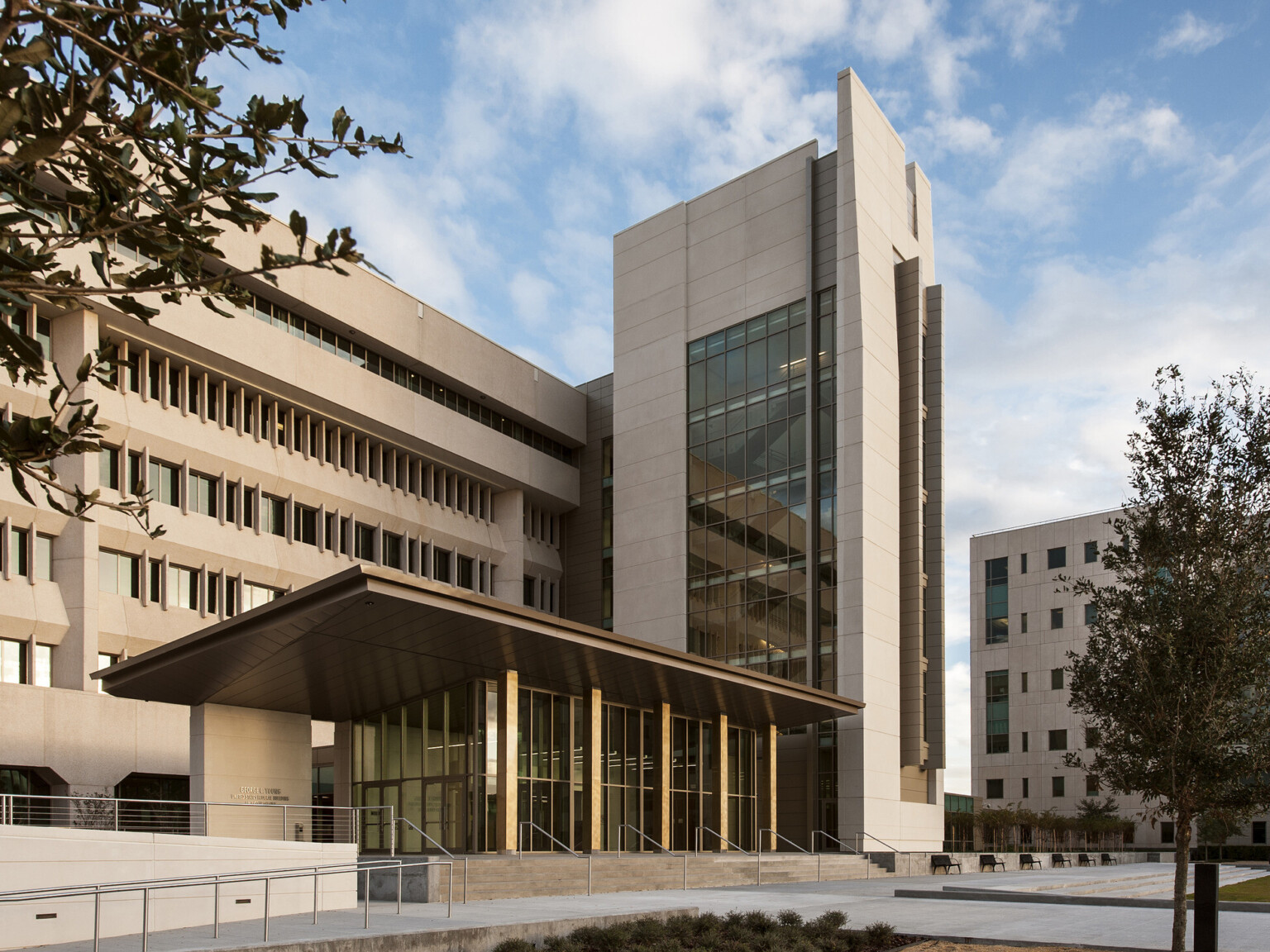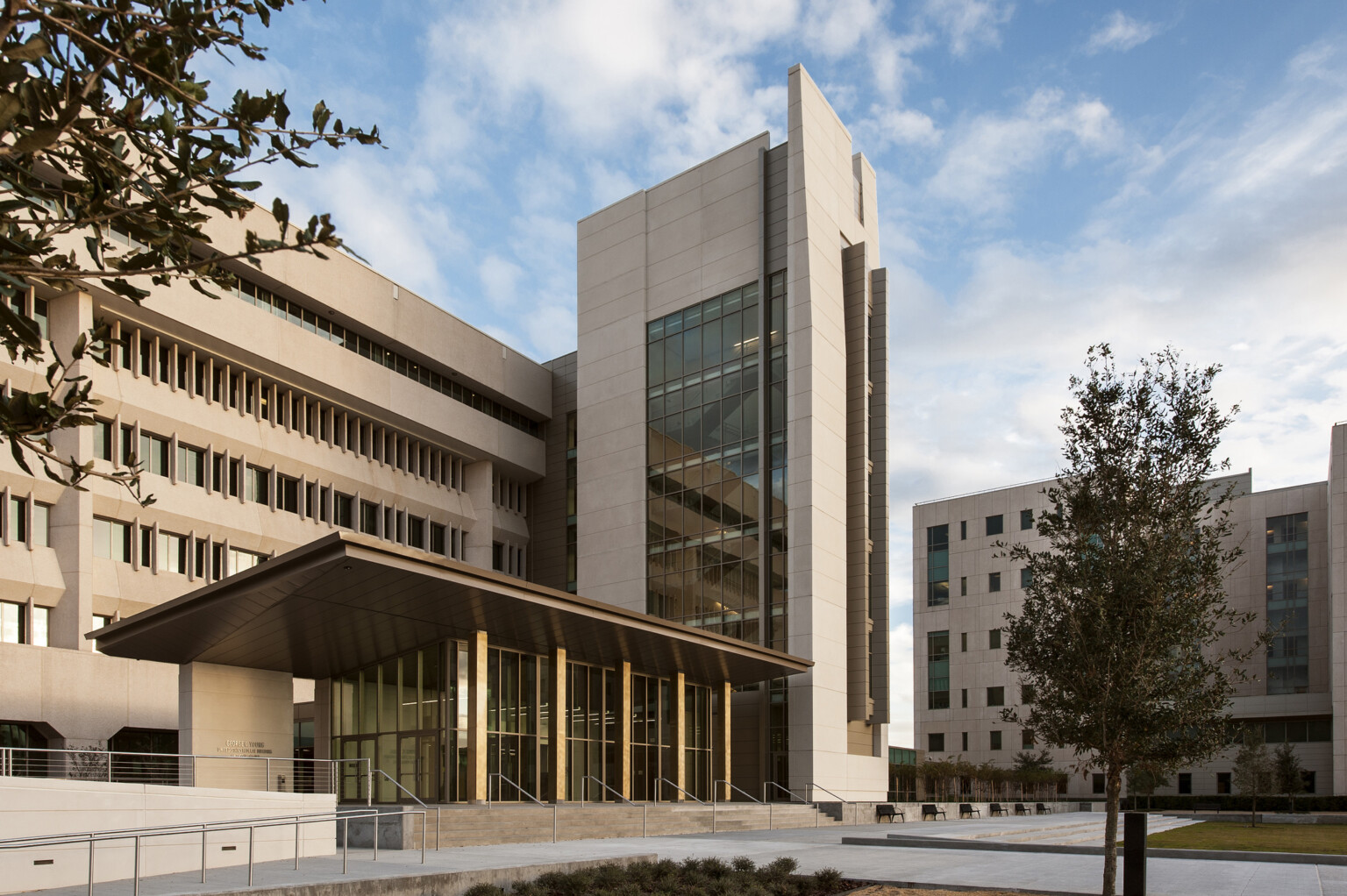
Building a More Inclusive Future
What could be better than bringing together that community-specific knowledge with decades of experience and a wider view of the design field? This is the power of mentor-protégé programs, which pair established firms with emerging businesses, fostering knowledge transfer, and creating a pipeline of skilled and diverse talent. These partnerships are especially impactful in public sector work and are beneficial to government agencies.
The Federal Government sets aside certain contracts for small business competition, which includes the very special certifications of veteran owned small businesses and service-disabled veteran owned small businesses. These two small business categories are uniquely positioned to provide opportunity and community growth to our veterans who have transitioned from military service into the private sector. The values they nurtured through selfless service to our nation become foundational to their new companies, their employees, and their clients.
In the realm of integrated design—a collaborative approach to architecture, engineering, and construction—SDVOSBs offer invaluable first-hand insight for creating inclusive and accessible spaces.
The Importance of SDVOSBs
According to the Department of Labor’s “Labor Force Statistics of Veteran’s with Disabilities” report, out of the “17.8M veterans in the civilian” workforce, “5.2M (30%) reported having a service-connected disability and 4.6M (26%) as having a disability.” This is in comparison with “239.8M nonveterans,” of which “28.5M nonveterans (12% of all nonveterans) reported having a disability.” To put a fine point on it, there is a significant population of veterans in the workforce who have a service-related disability.
If the goal is to ensure the built environment is inclusive for all, then SDVOSBs play a vital role in design teams. Looking particularly at the realm of federal design, SDVOSBs carry a deep familiarity with end-user mission-driven solutions, military construction requirements, and federal accessibility standards.
Why We Should Work With SDVOSBs
By choosing to work with firms engaged in mentor-protégé programs with SDVOSBs, clients gain access to a powerful combination of local expertise, national resources, and a deep commitment to community service and accessibility. This translates to projects that are not only aesthetically pleasing and functional but also truly inclusive, serving the needs of all users.
Mentor-protégé programs create opportunities for SDVOSBs to grow and thrive, contributing to local economies and promoting veteran entrepreneurship. The collaboration between established firms and SDVOSBs fosters a culture of innovation, leading to cutting-edge design solutions that benefit everyone.
For established firms like DLR Group, a SDVOSB mentor-protégé partnership takes us back to our roots as a veteran-owned company—all three DLR Group founders were military veterans—and reinforces our core values. This is summed up perfectly in the words of one of our founding partners, James Roubal, PE, who was a veteran of the Korean War: “Many of our early employees since 1966 were veterans of WWII, the Korean War, and Vietnam. Some who joined us were physically handicapped, but they were all professionals who had had life experiences that enhanced their character and contributed to what we are today.”
Consider the special case of DLR Group’s relationship with Atriax PLLC. Our celebrated design work in the federal sector here is perfectly paired with Atriax’s knowledge and proven performance in their local community. The unique perspective and reputation they’ve forged through the resilience of being a service-disabled veteran-owned small business working directly with the Department of Veterans Affairs has established the firm as a reputable full-service industry partner, and DLR Group’s role as mentor furthers their growth and development.
DLR Group’s second mentor-protege, studio2G Architects LLP, is also a service-disabled veteran-owned architecture firm and happens to also hold woman-owned and HUBZone federal certifications. Their reputation as a design leader and role model in the local community is strengthened by these certifications. Two protégé partners on the east and west coasts, coupled with DLR Group’s 30+ offices, enables us to cover the entire US with a variety of resources and specialized design talent.
Conclusion
Mentor-protégé programs help SDVOSBs leverage their unique expertise in integrated design. Surely, this is a great way to create spaces where everyone feels welcome, valued, and empowered. For more information on the unique capabilities and contributions of our SDVOSB mentor-protégé partners, visit Atriax Group and Studio 2G.
Read our full Annual Report for 2024.
To receive ideas like this directly to your inbox, subscribe to our email list.

